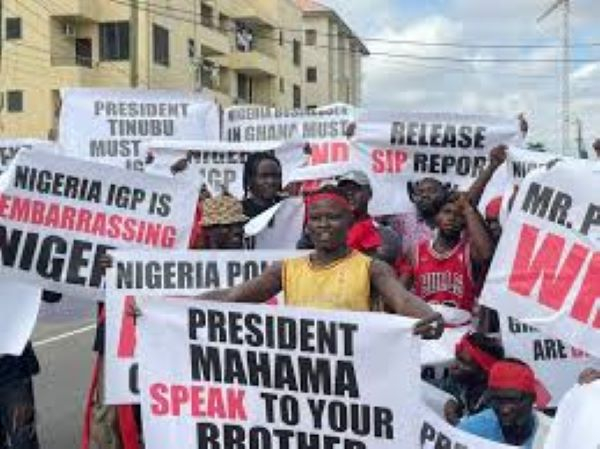Tinubu's mid-term report: Between pain and promise | TheCable
Today, Nigerians are still waiting for the “hope” to kick in.
From Lagos to Lokoja, Kano to Calabar, the national mood is shaped not by GDP forecasts or fiscal projections but by daily struggles: ₦70,000 bags of rice, ₦1,000 per litre of fuel, and a naira that buys less with each passing month. Still, a nuanced mid-term assessment reveals that the Tinubu presidency is not without achievements. It’s a story of tough reforms, painful transitions, and a desperate need for empathy.
No one can accuse this administration of inertia. In fact, Tinubu has done what his predecessors dared not: end fuel subsidies, unify the exchange rate, and set ambitious targets for tax and power reform.
Ending the fuel subsidy—once a ₦4.39 trillion sinkhole—was fiscally necessary, even if socially devastating. The World Bank estimates savings could reach ₦11 trillion by 2025. Exchange rate unification, praised by the IMF and investors, has attracted over $2.2 billion in foreign portfolio inflows in Q1 2025 alone.
Infrastructure efforts have accelerated: the Lagos–Calabar Coastal Highway and Second Niger Bridge signal genuine intent to connect the country. Student loan schemes and conditional cash transfers—backed by $800 million in World Bank support—have reached thousands, if not yet millions.
The 3MTT digital skills initiative and incentives for over 1,200 startups have energised Nigeria’s tech ecosystem. Agricultural initiatives and renewable energy projects are showing modest but hopeful results in food production and rural electrification.
These reforms are meaningful. But reform without results is rhetoric—and therein lies the trouble.
For most Nigerians, the story isn’t about macroeconomic wins—it’s about daily survival. The inflation rate hovers near 24%. Transport costs have tripled. Salaries are stagnant. Small businesses are folding under the weight of high interest rates and volatile input prices.
The abrupt removal of fuel subsidy, without adequate buffers, felt more like an economic ambush than a policy reform. The naira’s steep fall—now trading between ₦1,600–₦1,700/$—has driven up the cost of everything, from imported goods to school fees.
Government interventions—minimum wage increases, student loans, and cash transfers—are welcome but insufficient. The ₦70,000 minimum wage can’t compete with a crate of eggs at ₦5,000. The patchy implementation of social programs further deepens public cynicism.
In health and security, the challenges are existential. Hospitals remain underfunded. Doctors and nurses are leaving in droves. Meanwhile, insecurity in the North and parts of the Middle Belt continues to displace families and destabilise communities.
Tinubu has proven he’s willing to take tough decisions. What’s missing is a human-centred approach. Reform without empathy is cruelty in disguise. Nigerians aren’t asking for miracles—they’re asking for leadership that feels their pain and acts on it.
As the administration enters its second half, the priorities must shift: from promises to performance, from sacrifice to solutions. Relief must become tangible. Investments must be protected from corruption. Trust must be rebuilt—because without trust, even the best policies fail.
President Tinubu once said, “We didn’t promise a bed of roses. We promised a path.” Fair enough.
But a path must lead somewhere—and fast. Hope may inspire a nation, but it cannot feed one.
Abraham Omoruwa is a policy analyst, commentator, and advocate for inclusive governance in Nigeria.
Views expressed by contributors are strictly personal and not of TheCable.










